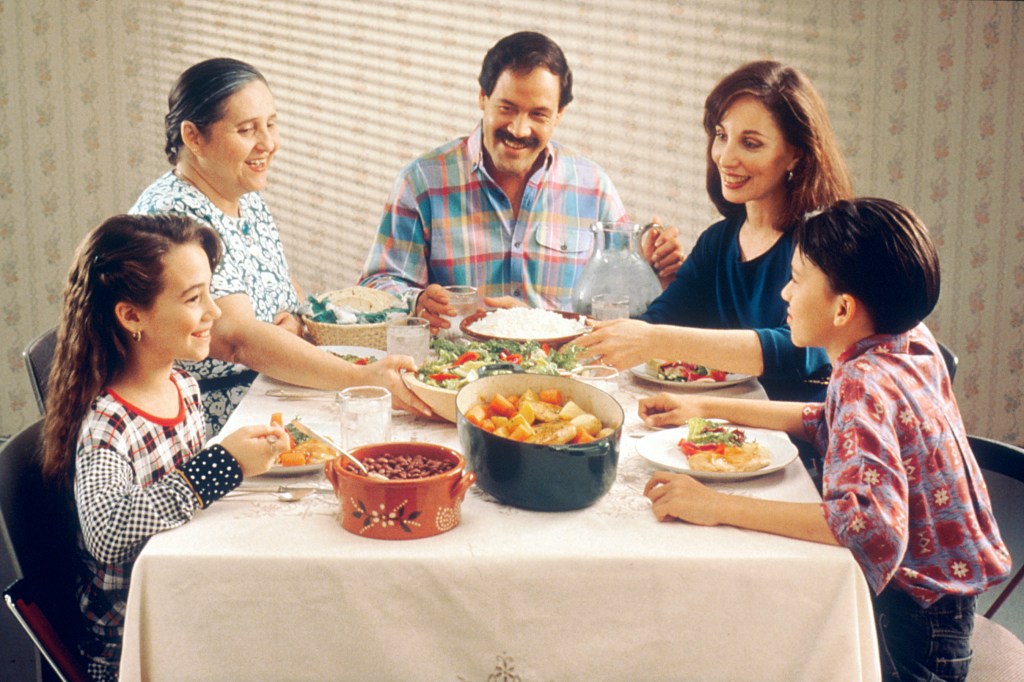The first Good Friday felt anything but good.
I try to imagine it, but I can’t. Any one of the events Jesus faced in the 24 hours before His death would have been too much for me. Betrayed. Abandoned. Humiliated. Arrested. Unfairly tried and convicted.
The torture Jesus endured at the hands of the Romans… I won’t recount it here. The fact that Jesus even made it to Golgotha alive is astounding. The brutality of it all is too much to even imagine. The pain Jesus – perfectly Holy Jesus Christ, untouched by sin – went through to take on my sin…
But the worst had to be the feeling of being abandoned by His Father.
Put it all together and you have the reward of sin. Unimaginable pain. Loneliness beyond belief. Humiliation. Sorrow. Death.
But when you look at Jesus taking all of that sin for us.
For me.
For you.
That is the reward of love. We don’t deserve it. But it is a gift. We can’t earn love. But Jesus gave us the gift of love on that cross. It is free, yet far more precious than anything on earth. It is a gift beyond price.
I cannot imagine how Jesus felt on that first Good Friday. But I have to try, so I can understand the great price of His gift. Jesus Christ – God incarnate – gave us Himself. Willingly. Without a second thought. He took on the unimaginable, so we don’t have to. He made a way for us that would be otherwise utterly impossible.
The first Good Friday felt anything but good. But just wait until the third day.

